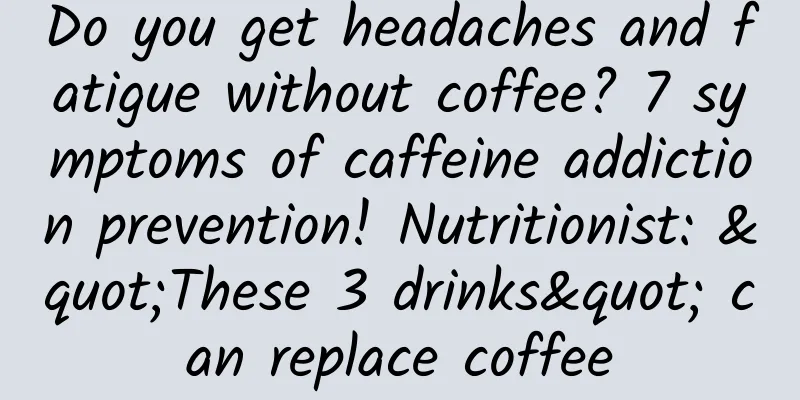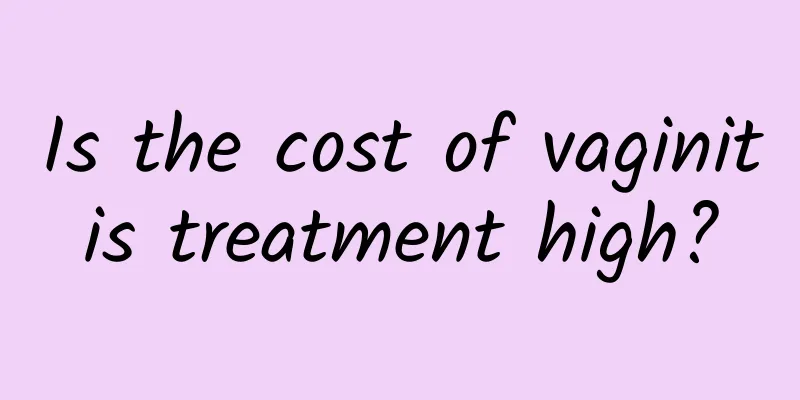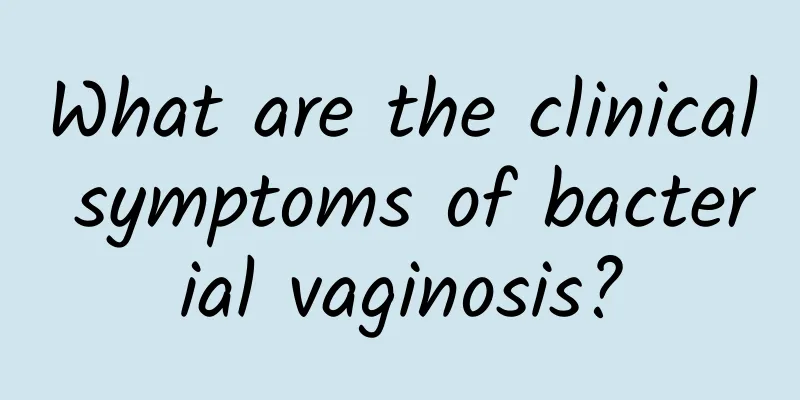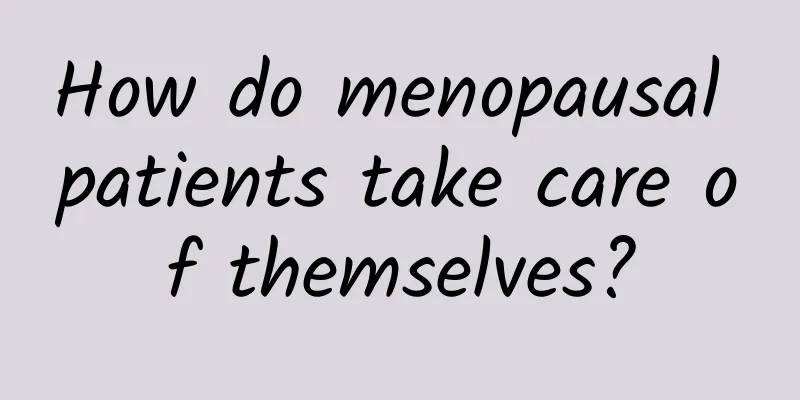Do you get headaches and fatigue without coffee? 7 symptoms of caffeine addiction prevention! Nutritionist: "These 3 drinks" can replace coffee

|
Coffee is a favorite companion for many people to boost their spirits, reducing fatigue and improving concentration and memory. Therefore, many people drink coffee or other caffeinated beverages every day to stay awake and energetic. However, some people will experience symptoms such as headache, fatigue, depression or irritability, and difficulty concentrating if they do not drink coffee for a day. Be careful that you may be addicted to caffeine and suffer from "caffeine withdrawal syndrome." Children and adolescents should especially avoid caffeine intake. What is caffeine withdrawal?Caffeine withdrawal refers to a range of physical and psychological symptoms that may occur when you stop drinking coffee or other caffeinated beverages. These symptoms include headaches, fatigue, drowsiness, depression, irritability, difficulty concentrating, and cold-like symptoms. If you find that you have 3 of the above 7 symptoms at the same time after self-assessment, you may have "caffeine withdrawal syndrome." These symptoms usually begin within the first day after stopping drinking coffee or other caffeinated beverages and gradually disappear within a few days or a week. Caffeine has addictive effects on mood, attention, and physiology. What are the physiological and psychological effects of different doses of caffeine?Nutritionist Xu Yuzhen said that caffeine has addictive effects on mood, attention and physiology. The following are the differences in caffeine dosage: 1. Moderate doses of caffeine Moderate doses of caffeine, around 200-300 mg per day, generally enhance feelings of well-being, improve concentration, and increase wakefulness and energy. 2. High doses of caffeine But high doses of caffeine, meaning more than 400 mg per day, can cause anxiety, nausea, restlessness, and nervousness. Nutritionist Xu Yuzhen said that for adults, there is basically no problem if they consume less than 300 mg of caffeine per day. For brewed coffee sold in convenience stores, it is sufficient not to drink more than two cups a day. For other bottled or canned coffees, or coffee powder bags, the caffeine content can be found on the packaging. The caffeine content of commonly available bottled coffee on the market, such as latte, dark roast, and black coffee, is roughly 30-100mg/100ml. Adults can estimate the amount by themselves, just don't drink too much. What are the effects of moderate to high doses of caffeine on children and adolescents?However, this caffeine content is too high for children, which means that children or teenagers are advised to drink less coffee. The effects of caffeine intake on children can be divided into positive and negative effects. The positive effect is that it can improve short-term wakefulness and perception ability, as well as motor vitality. However, studies have shown that moderate to high doses of caffeine (approximately 100–400 mg/day) can cause the following symptoms in children and adolescents: 1. Anxiety 2. Neuroticism 3. Fidgeting 4. Melancholy 5. Lack of sleep Studies recommend that children and adolescents should limit their daily caffeine intake to less than 2.5 mg/kg body weight/day. If it exceeds 5 mg/kg body weight/day, the risk of anxiety and caffeine withdrawal will increase. In addition to coffee, green tea, black tea, and cola also contain caffeine, but the content is much lower, all below 20mg/100ml. What foods also contain caffeine?Nutritionist Xu Yuzhen said that in addition to coffee, green tea, black tea and cola also contain caffeine, but the content is much lower, all below 20mg/100ml. However, there is another problem to consider - sugar. If you drink too many sugary drinks, it may cause the risk of obesity, tooth decay, and eating too little at meals. Any advice on caffeine intake?If you really want to drink, it is recommended to drink green tea > black tea > cola, because green tea contains a variety of catechins, which have strong antioxidant properties and can remove free radicals, lower blood lipids, maintain cardiovascular health and many other functions. However, it is also recommended to choose half-sugar or low-sugar ones to avoid causing burden to the body. As for cola, try to drink less. In addition, the tannic acid in tea can inhibit iron absorption and cause anemia, so it is still necessary to limit the amount of tea consumed. It is not recommended for children aged 0-6 to drink tea. For school-age children aged 6 and above, it is recommended to drink one cup (240c.c.) a day and avoid drinking strong tea. For adults, the upper limit is two cups a day, and do not consume it at the same time as a main meal to avoid reducing the absorption of iron in the food. Ivy Nutritionist's Health Classroom Facebook |
<<: Can’t get rid of belly fat? Find the culprit: Hormone imbalance leads to fat accumulation
Recommend
Symptoms of premature ovarian failure How to prevent premature ovarian failure?
What are the symptoms of premature ovarian failur...
Obesity, loss of appetite…beware of these 5 hidden symptoms of pancreatic cancer!
Pancreatic cancer is a silent killer. As its symp...
How much does it cost to treat cervical warts?
For patients with high-risk cervical warts, the c...
What are the main aspects of the examination of ovarian cysts?
The incidence of ovarian cysts has been increasin...
Eating lettuce salad to lose weight? Boiled food promotes digestion
Many girls are afraid to touch any oil or fat in ...
Why is Bartholinitis always difficult to cure?
The main pathogens of Bartholinitis are Staphyloc...
Treatment of polycystic ovary syndrome Different treatments are chosen for different conditions
Polycystic ovary syndrome is a complex disease ca...
How to treat endometrial tuberculosis to get better quickly
With the increasing incidence of endometrial tube...
What is the reason for menstruation to be delayed for four days?
What is the reason for menstruation being delayed...
How much does uterine fibroid surgery cost? How high is the prevalence of uterine fibroids?
How much does uterine fibroid surgery cost? Many ...
Is this an easy way to lose weight? 6 psychological methods to help you lose weight
The most difficult part of losing weight is contr...
Why is there always a little menstrual period?
Why is there always a little menstrual period? If...
Six common causes of uterine adnexitis
Uterine adnexitis is a type of adnexitis with a h...
Healthy sweetheart! Raisins add flavor to light dishes
Light summer fruit and vegetable meals, make full...
Early symptoms of ovarian cysts in women
Ovarian cysts are a common gynecological disease....









